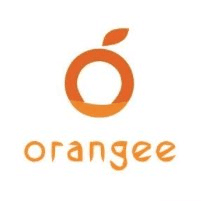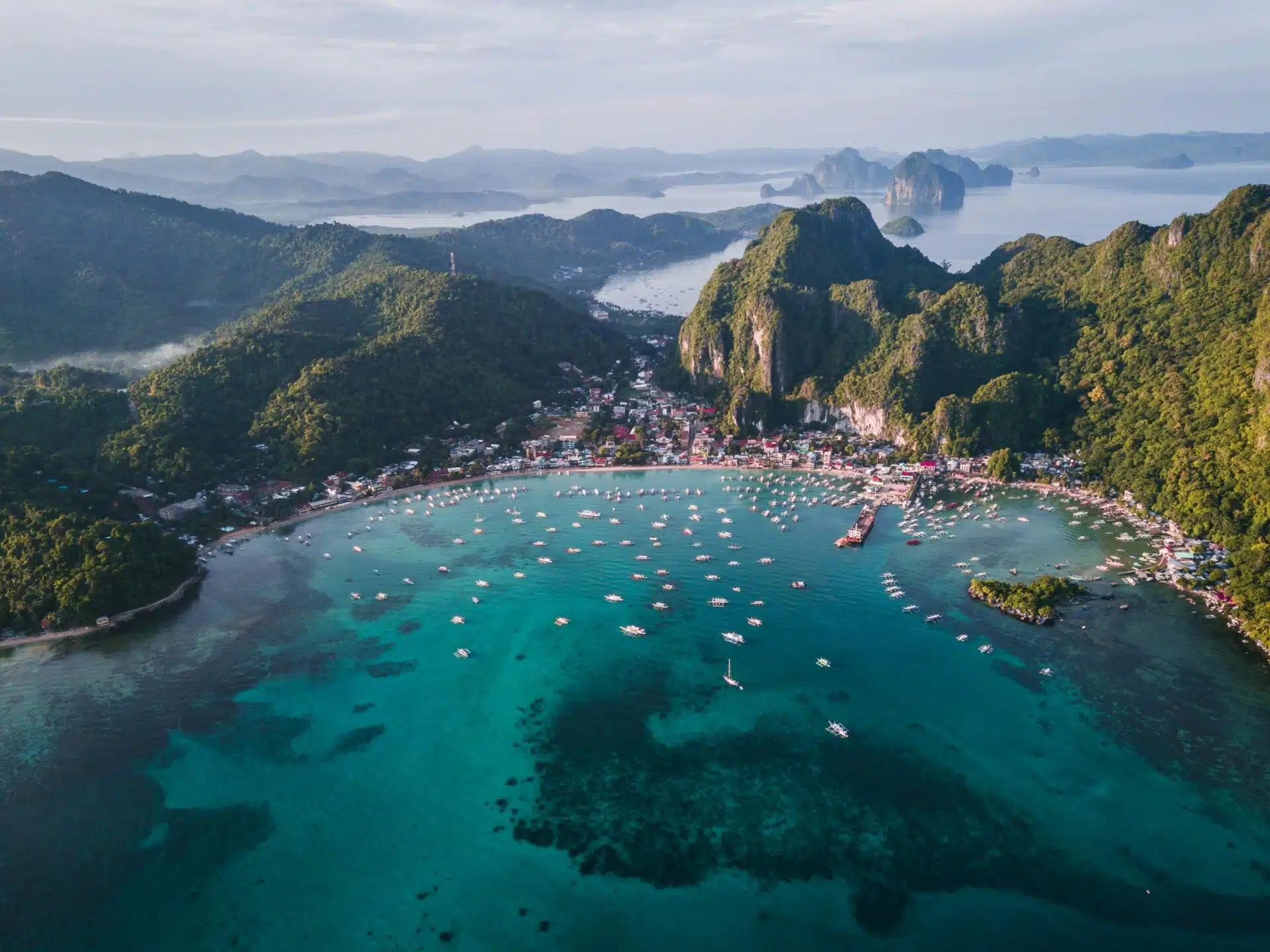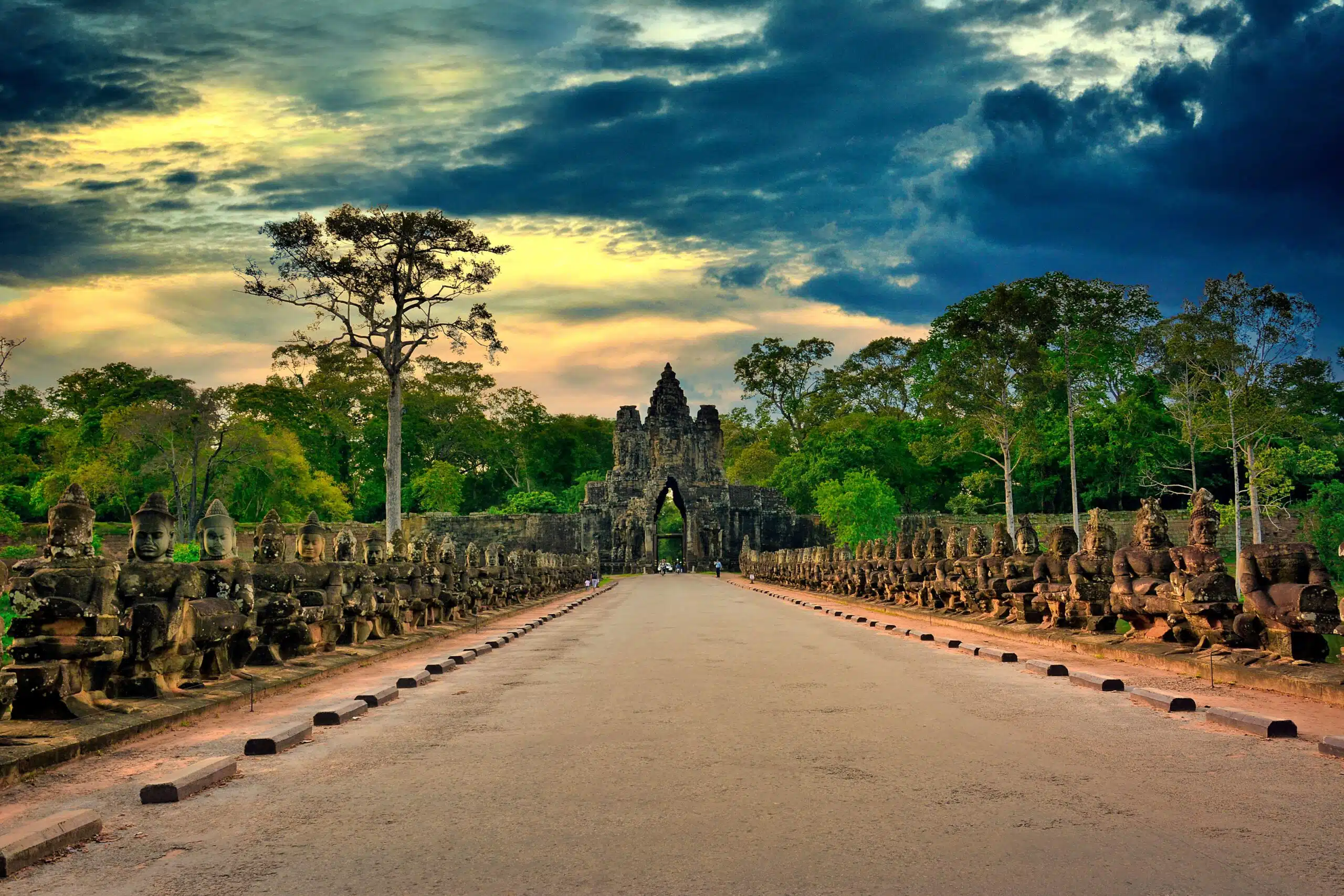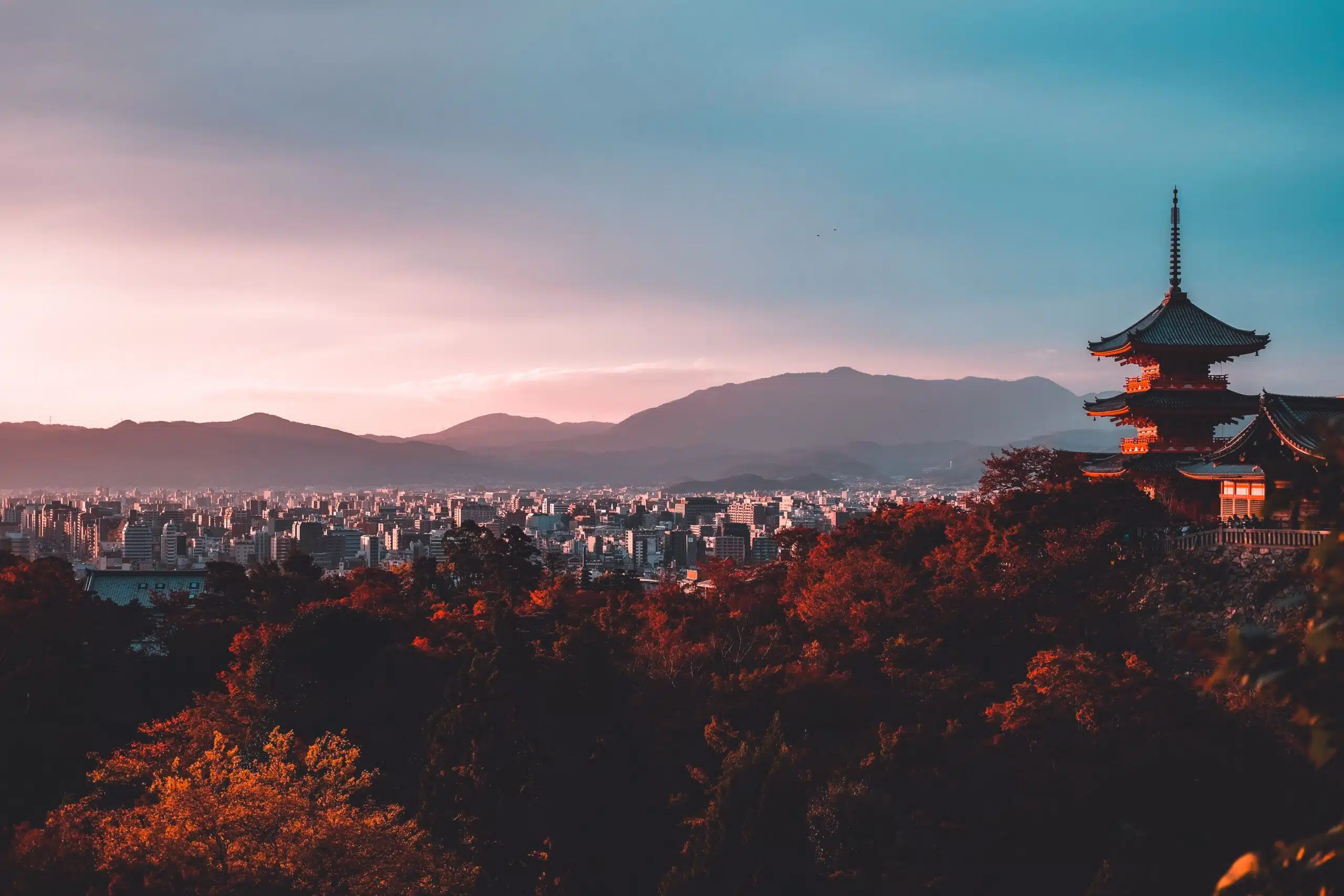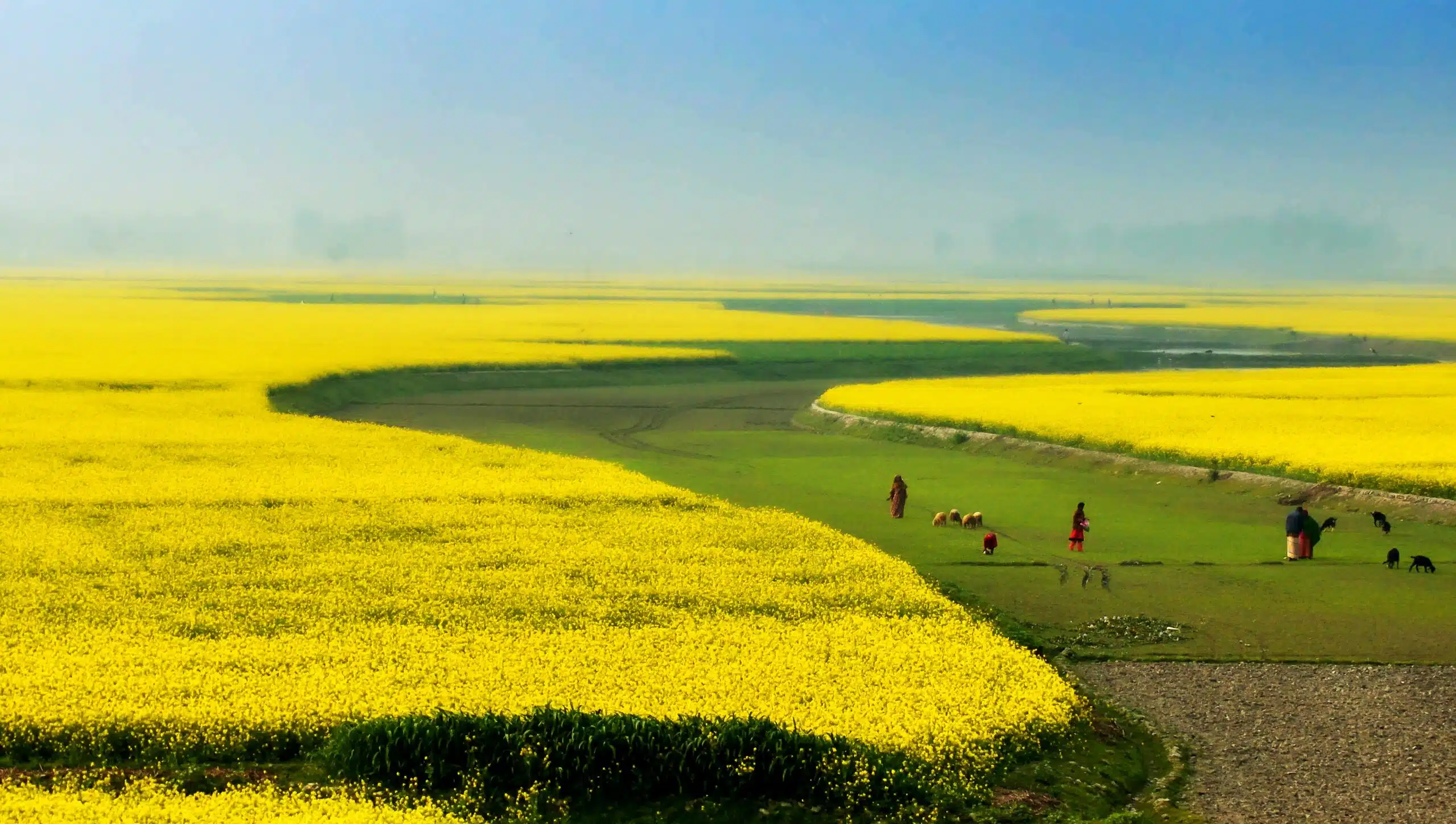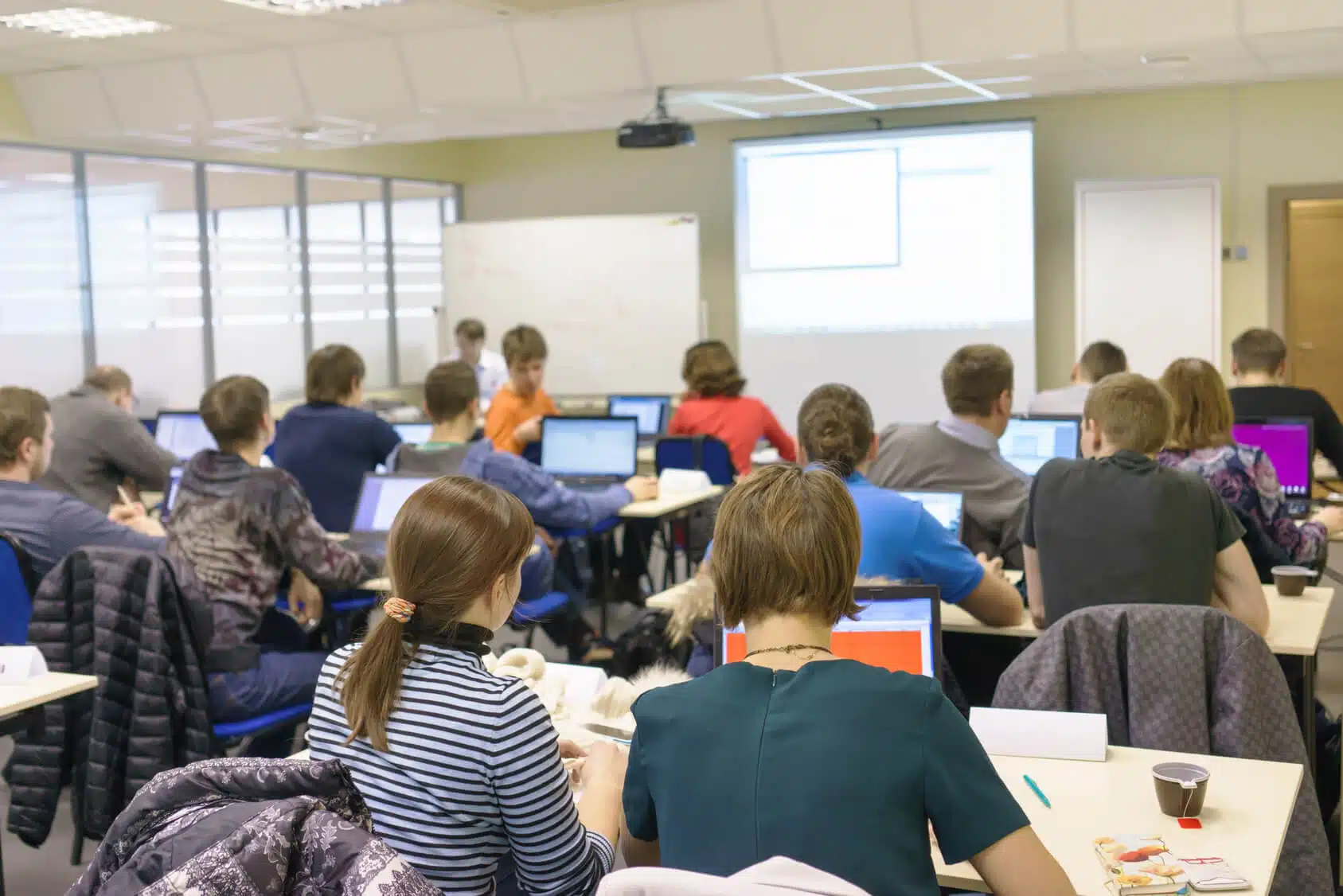Teach English in Papua New Guinea
a world of opportunities
Join a global community of over 200,000 TEFL teachers working throughout the world! Enrol me!
Contents
Introduction
Teaching Opportunities
Teaching Requirements
Start Your TEFL Journey
Why Teach English in Papua New Guinea
Papua New Guinea is one of the most culturally diverse countries in the world, with over 800 languages spoken and a wide variety of ethnicities and religions, but it is also one of the least explored.
Papua New Guinea – also commonly referred to as PNG – is a very traditional country and cultural life and practices are very important here. This is not a country where you will find a big ex-pat community or your favourite creature comforts, but it is where you will be able to enjoy a truly authentic experience.
Situated on the Pacific Ring of Fire, on several tectonic plates, Papua New Guinea is accustomed to earthquakes and volcanic eruptions, which has resulted in dramatic landscapes. The country is characterised by mountain ranges and dense rainforests, and a lot of the country is inaccessible. Tourism is a growing industry here and it’s possible to find tour companies that can take you where few people have been before.
You can also enjoy the magnificent scenery through a wide array of adventurous activities. Outdoor adventures are around every corner: surfing, trekking the rainforests, fishing, kayaking or diving. Or, if you’re more interested in experiencing the local cultures, Papua New Guinea has many cultural festivals and holidays for you to experience. If you’re lucky you’ll see a traditional SingSing – a colourful gathering of the tribes.
5% of the world’s biodiversity is to be found in Papua New Guinea, despite occupying 1% of the land on earth. Wildlife and plant life come from two places: Gondwana to the south and Asia to the west. There are up to 20,000 plants in fact. The country is particularly renowned for possessing a diverse collection of orchid species.
A unique animal can be found in Papua New Guinea, the only known poisonous bird in the country. This creature is called the hooded pitohui that comes from New Guinea island. It is a medium-sized bird that is chestnut and black-coloured.
The primary source of livelihood in this region is agriculture. However, the land of this region has been the focus of developers in recent times. Sea-bed mining has led to the depletion of natural resources. This hampers communities’ ability to self-sustain and is especially harmful to women, primarily employed in the agriculture sector.
Teaching Opportunities In Papua New Guinea
The TEFL industry is not big in Papua New Guinea, but more and more opportunities are opening up. English is the official language of government but Tok Pisin is more widely spoken.
Tok Pisin is the lingua franca that developed from English, German and French in order to allow communication between the many different languages spoken in PNG. English is a subject in primary schools but the language of instruction for high schools.
There are no language schools here so you will need to find a position at a local school. In the capital, Port Moresby, there are private non-profit schools for local and ex-pat children. If you are a qualified teacher, it’s possible to get a position here. These positions are highly sought after as they generally include accommodation and a living allowance on top of your salary. Unfortunately, salaries are not very high and living in PNG is surprisingly expensive, especially accommodation. Crime can also be an issue in the bigger cities.
There are smaller schools in the smaller towns of Lae, Madang, Mount Hagan and Goroka, but living and working in these towns will mean giving up a lot of the conveniences of Port Moresby, though it will also provide you with an authentic and interesting (and safer) experience.
Teaching Requirements In Papua New Guinea
Teaching English in Papua New Guinea presents an extraordinary opportunity for educators seeking a unique and culturally immersive experience. A BA/BS degree is required as a standard qualification for English teaching positions, ensuring a solid foundation of knowledge and expertise.
The typical contract length in Papua New Guinea is two years, allowing teachers to fully immerse themselves in the local educational environment and establish meaningful connections with students. The peak hiring seasons occur in November and December, providing optimal timing for teachers to secure positions.
To work legally in Papua New Guinea, teachers are required to obtain a work permit, ensuring compliance with immigration regulations.
English teachers in Papua New Guinea primarily work with children, offering the chance to make a significant impact on their language development and overall education. The average monthly cost of living in Papua New Guinea ranges from 4,000 to 5,000 PGK, providing a relatively affordable lifestyle for educators.
Additionally, English teachers can anticipate an average monthly salary between 4,000 and 10,000 PGK, depending on their qualifications and experience.
Teaching English in Papua New Guinea offers a rewarding experience to contribute to the educational growth of children while immersing oneself in the country’s rich cultural heritage and stunning natural landscapes.
Start Your TEFL Journey With The TEFL Academy
Great! You’re in the right place. The TEFL Academy provides the very best in accredited TEFL courses, meaning your qualification is recognised throughout the world. The TEFL Academy is the world’s leading TEFL course provider. We can help you acquire the skills needed to teach English as a foreign language. Check out our TEFL internships, volunteer placements and the thousands of jobs on our exclusive TEFL jobs board.
Contents
Why Teach English in Papua New Guinea
Papua New Guinea is one of the most culturally diverse countries in the world, with over 800 languages spoken and a wide variety of ethnicities and religions, but it is also one of the least explored.
Papua New Guinea – also commonly referred to as PNG – is a very traditional country and cultural life and practices are very important here. This is not a country where you will find a big ex-pat community or your favourite creature comforts, but it is where you will be able to enjoy a truly authentic experience.
Situated on the Pacific Ring of Fire, on several tectonic plates, Papua New Guinea is accustomed to earthquakes and volcanic eruptions, which has resulted in dramatic landscapes. The country is characterised by mountain ranges and dense rainforests, and a lot of the country is inaccessible. Tourism is a growing industry here and it’s possible to find tour companies that can take you where few people have been before.
You can also enjoy the magnificent scenery through a wide array of adventurous activities. Outdoor adventures are around every corner: surfing, trekking the rainforests, fishing, kayaking or diving. Or, if you’re more interested in experiencing the local cultures, Papua New Guinea has many cultural festivals and holidays for you to experience. If you’re lucky you’ll see a traditional SingSing – a colourful gathering of the tribes.
5% of the world’s biodiversity is to be found in Papua New Guinea, despite occupying 1% of the land on earth. Wildlife and plant life come from two places: Gondwana to the south and Asia to the west. There are up to 20,000 plants in fact. The country is particularly renowned for possessing a diverse collection of orchid species.
A unique animal can be found in Papua New Guinea, the only known poisonous bird in the country. This creature is called the hooded pitohui that comes from New Guinea island. It is a medium-sized bird that is chestnut and black-coloured.
The primary source of livelihood in this region is agriculture. However, the land of this region has been the focus of developers in recent times. Sea-bed mining has led to the depletion of natural resources. This hampers communities’ ability to self-sustain and is especially harmful to women, primarily employed in the agriculture sector.
Teaching Opportunities In Papua New Guinea
The TEFL industry is not big in Papua New Guinea, but more and more opportunities are opening up. English is the official language of government but Tok Pisin is more widely spoken.
Tok Pisin is the lingua franca that developed from English, German and French in order to allow communication between the many different languages spoken in PNG. English is a subject in primary schools but the language of instruction for high schools.
There are no language schools here so you will need to find a position at a local school. In the capital, Port Moresby, there are private non-profit schools for local and ex-pat children. If you are a qualified teacher, it’s possible to get a position here. These positions are highly sought after as they generally include accommodation and a living allowance on top of your salary. Unfortunately, salaries are not very high and living in PNG is surprisingly expensive, especially accommodation. Crime can also be an issue in the bigger cities.
There are smaller schools in the smaller towns of Lae, Madang, Mount Hagan and Goroka, but living and working in these towns will mean giving up a lot of the conveniences of Port Moresby, though it will also provide you with an authentic and interesting (and safer) experience.
Teaching Requirements In Papua New Guinea
Teaching English in Papua New Guinea presents an extraordinary opportunity for educators seeking a unique and culturally immersive experience. A BA/BS degree is required as a standard qualification for English teaching positions, ensuring a solid foundation of knowledge and expertise.
The typical contract length in Papua New Guinea is two years, allowing teachers to fully immerse themselves in the local educational environment and establish meaningful connections with students. The peak hiring seasons occur in November and December, providing optimal timing for teachers to secure positions.
To work legally in Papua New Guinea, teachers are required to obtain a work permit, ensuring compliance with immigration regulations.
English teachers in Papua New Guinea primarily work with children, offering the chance to make a significant impact on their language development and overall education. The average monthly cost of living in Papua New Guinea ranges from 4,000 to 5,000 PGK, providing a relatively affordable lifestyle for educators.
Additionally, English teachers can anticipate an average monthly salary between 4,000 and 10,000 PGK, depending on their qualifications and experience.
Teaching English in Papua New Guinea offers a rewarding experience to contribute to the educational growth of children while immersing oneself in the country’s rich cultural heritage and stunning natural landscapes.
Start Your TEFL Journey With The TEFL Academy
Great! You’re in the right place. The TEFL Academy provides the very best in accredited TEFL courses, meaning your qualification is recognised throughout the world. The TEFL Academy is the world’s leading TEFL course provider. We can help you acquire the skills needed to teach English as a foreign language. Check out our TEFL internships, volunteer placements and the thousands of jobs on our exclusive TEFL jobs board.

Download the World TEFL Factbook
We have created a unique TEFL World Factbook of teaching abroad guides in over 100 countries to help TEFL teachers decide where in the world to teach English. Each country profile outlines everything a TEFL teacher would need to know including average pay, living costs, working environments and even the weather!
Download TEFL Factbook
TEFL Jobs In Oceania & Asia
View AllOther Places In Oceania & Asia
View AllTeach English Abroad Articles
View All-
 Teacher's Toolkit
Teacher's Toolkit5 Ways To Adapt Your EFL Coursebook
2024-12-07
-
 Resources
ResourcesHow To Make A Kickass Teaching Demo Video For Teaching English Online
2024-12-05
-
 Teach and Travel
Teach and TravelMerry TEFL Christmas: Christmas Around the World!
2024-12-01
-
 Teacher's Toolkit
Teacher's ToolkitTop Tips For Teaching Large Classes In TEFL
2024-11-27
-
 Teacher's Toolkit
Teacher's ToolkitHow do Adults Learn Foreign Languages: How to Teach English to Adults
2024-11-15
-
 Resources
ResourcesHow to Learn the Local Language
2024-11-07
 United States
US
United States
US









